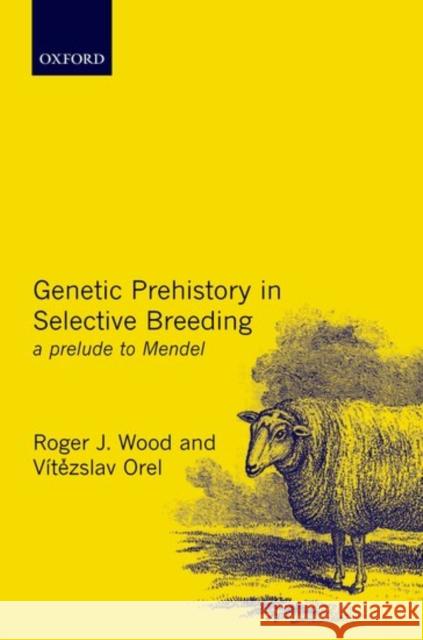Genetic Prehistory in Selective Breeding: A Prelude to Mendel » książka
Genetic Prehistory in Selective Breeding: A Prelude to Mendel
ISBN-13: 9780198505846 / Angielski / Twarda / 2001 / 344 str.
Long before Mendel's ground-breaking discoveries about heredity, sheep breeders in the eighteenth and nineteenth centuries were transforming the appearance and qualities of their livestock by combining various traits of body and wool into new patterns. Exploiting what were then novel procedures - individual trait selection, close inbreeding and progeny testing - they demonstrated inheritance from both sexes and showed how it could be stabilized. This remarkable book examines how sheep breeding contributed to the early knowledge of heredity and how the theory was pursued during the early nineteenth century in Brno, where Mendel would later define the basis of genetics. Drawing from extensive records and scientific and social literature, the authors tell the fascinating story of experimental sheep breeding from a pan-European perspective, stressing its progress through empirical discovery and the spread of Merino sheep into northern Europe and Australia. The book provides detailed coverage of the Brno Sheep Breeder's Society and its role in the development of ideas about heredity, a comprehensive review of Robert Bakewell's sheep breeding achievements, and the impact of this work on Mendel's own education and professional research. This profound and entertaining work is destined to be a classic for historians and students of science as well as practitioners in all areas of scientific study.











